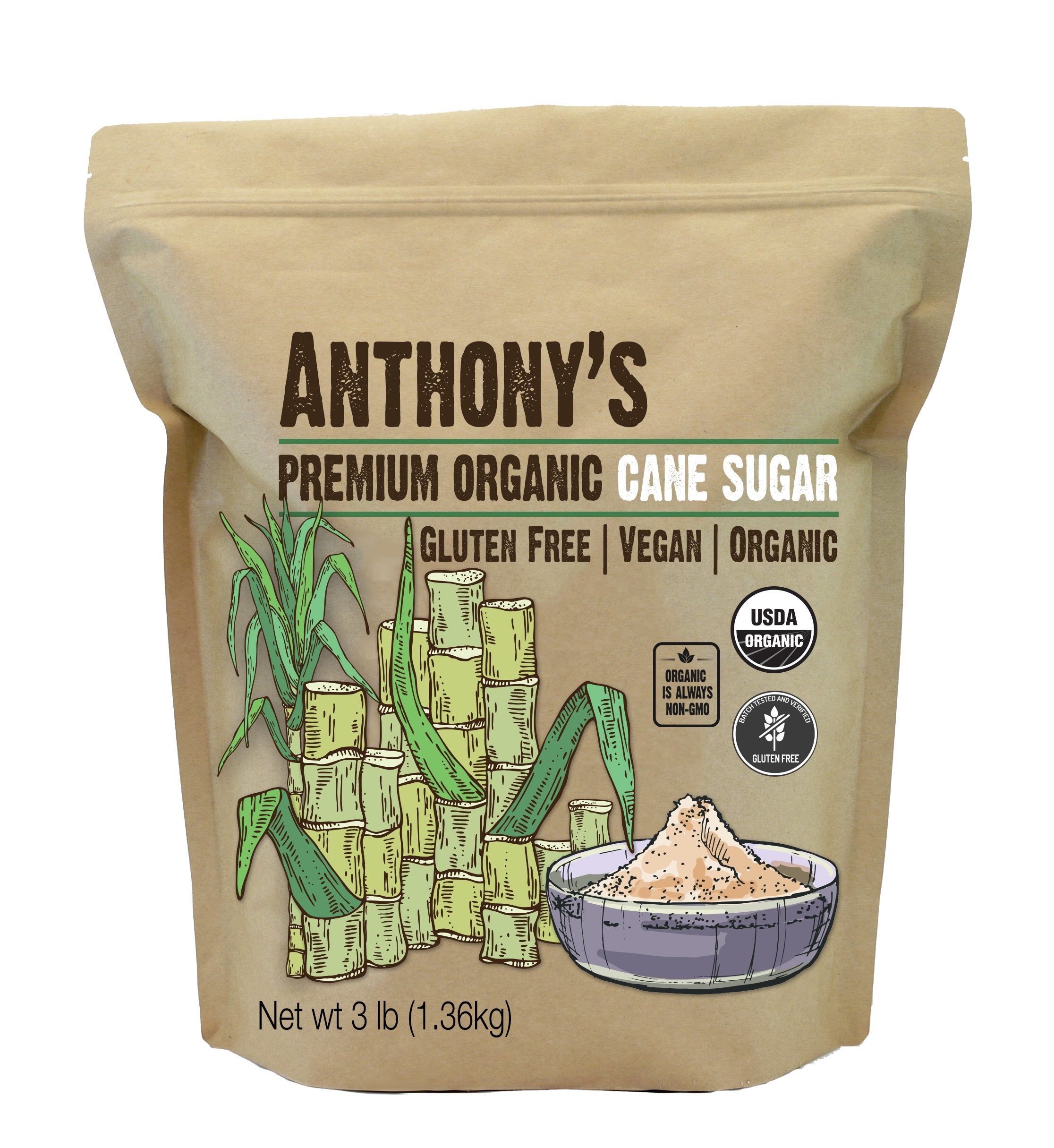Vital Cane Sugar Processing Chemicals: A Comprehensive Overview
Vital Cane Sugar Processing Chemicals: A Comprehensive Overview
Blog Article
Navigating Regulatory Compliance and Sustainability With Cutting-Edge Cane Sugar Handling Chemicals in the Chemical Export Sector

Regulatory Landscape Overview
In the realm of cane sugar processing chemicals within the chemical export industry, understanding the governing landscape is extremely important for ensuring conformity and lasting procedures. Regulative bodies such as the Environmental Security Company (EPA) and the Food and Medication Administration (FDA) play a vital duty in looking after the manufacturing, import, and export of these chemicals. Compliance with policies established forth by these bodies is not only a legal need but additionally essential for preserving public health and environmental security requirements.
Governing structures regulating walking cane sugar processing chemicals encompass a variety of elements, consisting of labeling demands, allowable levels of particular substances, and standards for risk-free handling and disposal. For chemical exporters, this means sticking to strict documentation procedures, quality assurance steps, and regular audits to show adherence to these policies.

Sustainable Walking Cane Sugar Chemical Innovations

One prominent area of technology is the development of environment-friendly chemicals that lower water and power intake throughout the sugar handling phases. By carrying out these lasting options, business can reduce their carbon footprint while preserving high levels of productivity. In addition, advancements in eco-friendly chemicals are obtaining grip, using an extra eco-friendly alternative to conventional handling representatives.
In addition, the combination of eco-friendly energy resources in the production process is coming to be a lot more common, additional boosting the sustainability profile of cane sugar handling. By accepting these sustainable walking cane sugar chemical advancements, companies can not just satisfy regulatory about his needs but additionally demonstrate a commitment to ecological responsibility in the chemical export sector.
Compliance Obstacles in Exporting Chemicals
Browsing governing frameworks postures considerable obstacles for chemical exporters, requiring thorough interest to conformity standards and international legislations. One of the main conformity obstacles encountered by chemical exporters is making sure that the items fulfill the specific regulative demands of the importing nation.
In addition, chemical merchants must stay abreast of regularly evolving policies and criteria related to chemical transport, production, and handling. Failing to comply with these why not look here guidelines can lead to extreme repercussions, including penalties, lawsuit, and reputational damage. Browsing trade constraints, permissions, and export control laws includes one more layer of intricacy to the compliance landscape for chemical exporters.
To reduce these challenges, chemical merchants have to spend in durable conformity programs, carry out routine audits, and involve with regulatory authorities to guarantee a complete understanding of the suitable legislations and policies. By focusing on compliance and remaining positive in dealing with regulatory difficulties, chemical exporters can navigate the complexities of worldwide profession efficiently.
Environmental Influence of Walking Cane Sugar Processing
The ecological implications of cane sugar processing are an important element requiring extensive assessment in the chemical export sector. One of the primary problems is the generation of large volumes of wastewater containing natural matter, suspended solids, and chemicals used in the processing plants.
Moreover, the substantial usage of chemicals and plant foods in sugarcane growing can cause dirt degradation, water contamination, and injury to non-target microorganisms. It is critical for chemical exporters associated with the cane sugar processing sector to apply lasting techniques, buy sophisticated wastewater therapy innovations, advertise accountable farming methods, and follow strict environmental laws to decrease the negative environmental influence of their procedures.
Future Trends in Sustainability Practices
What cutting-edge techniques are chemical exporters in the walking stick sugar processing market taking on to improve sustainability techniques for the future? One famous trend is the change towards creating and using eco-friendly chemicals in the handling of walking cane basics sugar - Cane Sugar Processing Chemicals.
One more vital trend is the application of advanced innovations such as automation and information analytics to optimize source use and decrease waste generation. By using the power of data and automation, chemical exporters can improve their procedures, enhance energy effectiveness, and boost general sustainability efficiency.
In addition, cooperations and collaborations with sustainability-focused organizations and stakeholders are ending up being significantly common. By working together, chemical merchants can trade expertise, share best methods, and jointly drive technology towards more sustainable walking stick sugar handling techniques. Welcoming these trends will not only benefit the environment however likewise make sure lasting success and competition in the industry.
Conclusion
To conclude, the chemical export market need to browse intricate governing landscapes and sustainability obstacles when refining walking cane sugar. Innovations in cane sugar processing chemicals are important to satisfying compliance standards and reducing environmental influence. As the sector remains to advance, it is vital for firms to embrace sustainable methods and stay in advance of future fads to make certain long-lasting success.
In the realm of cane sugar processing chemicals within the chemical export sector, recognizing the regulative landscape is critical for making sure compliance and sustainable procedures.Discovering ingenious methods in the development of lasting walking cane sugar chemical options is essential for advancing environmental stewardship in the chemical export sector. Business are increasingly spending in research study and development to develop innovative cane sugar handling chemicals that not only ensure high performance in sugar production yet likewise adhere to rigorous sustainability standards.
In addition, chemical exporters must remain abreast of continuously advancing guidelines and standards connected to chemical production, handling, and transport - Cane Sugar Processing Chemicals.The environmental implications of walking stick sugar handling are an important aspect needing comprehensive exam in the chemical export market
Report this page